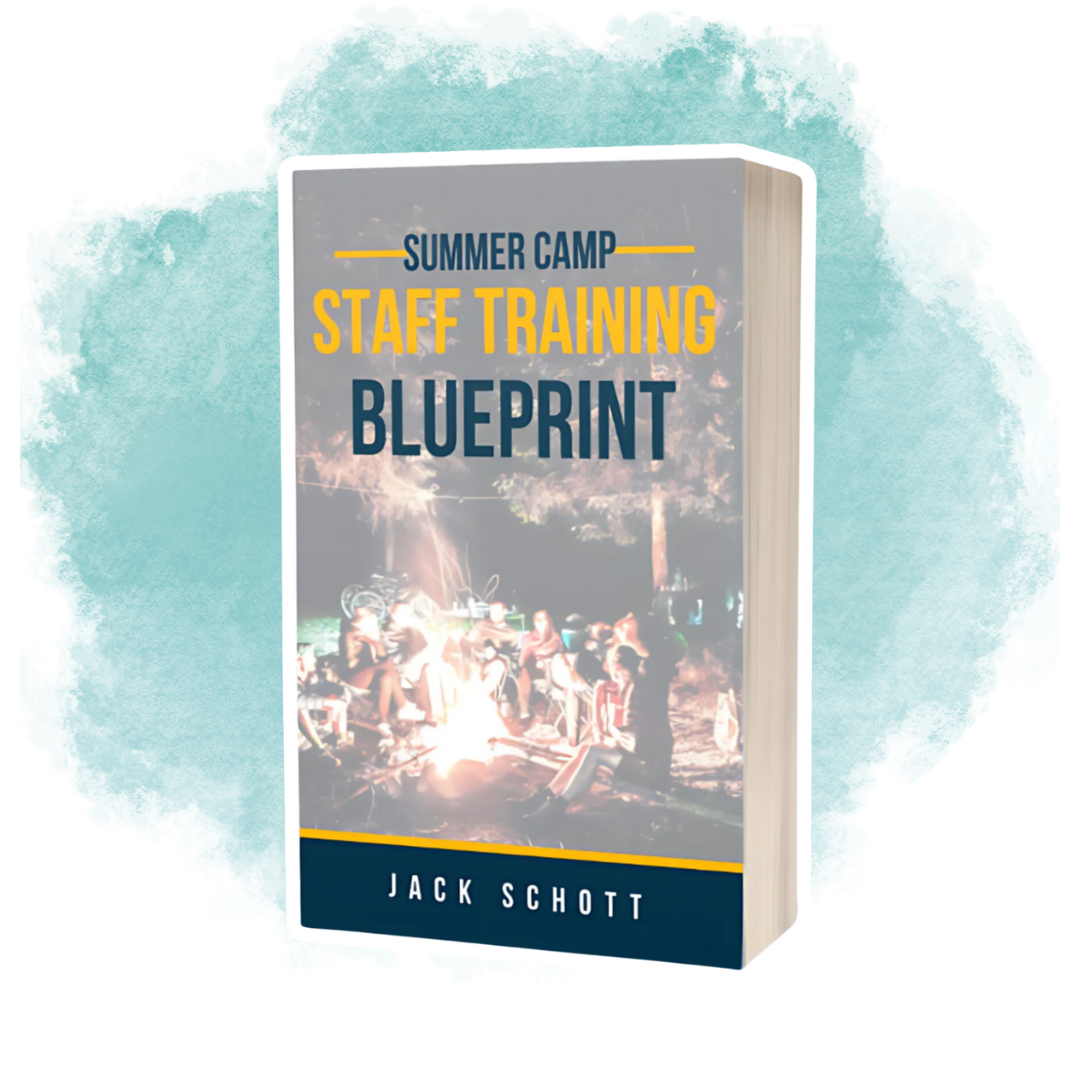How Summer Camp Can Heal the World
Guest Blog by Joe Mendes, Owner/Director of Camp Roosevelt Firebird
Summer Camp should be for all kids but it’s not. Many parents can’t afford it. Many worry about whether their non-binary kid will fit in or if their quirky kid will be accepted. Many worry about the fact there will be few black or brown faces there. Others worry about trusting “strangers'' to care for their children. So many legitimate concerns and obstacles.
But, let’s flip this reality and imagine something better. Let’s talk about how to make camps more inclusive. Let’s talk about how camp can be a transformative experience and help heal the great divide we have in our nation.
Our country is polarized and rife with racial, political, and economic inequities and tensions. We, as a nation, have almost lost the ability, courage, and will to communicate with others that have differing viewpoints. Camp provides a unique context to address this.
At camp, a diverse community of people can have fun, make friends, make mistakes and learn to honestly communicate. At camp, people can learn to live with one another in an imperfect community and strive toward living by a set of shared values.
Of course, camps are fun and games; a place to laugh until your sides ache, get dirty, sing loud off-key and not care, and make the best of friends. But a quality inclusive camp can also be much much more. As a lifelong “camper and educator” I have seen kids experience personal growth that is nothing short of miraculous. Kids reflect, take responsibility, and make elemental changes. They become powerful and learn to take control of their lives.
All kids deserve to have this experience but camp traditionally has been for the privileged and the lucky. Camps should be diverse and affordable and explicitly teach communication and conflict resolution skills. This can be done without taking away one iota of fun. It takes work, commitment, and intentionality, but such camps exist right now — albeit very few. Such camps create a sense of community where kids and young adults alike learn that nobody is a stereotype, everyone has a story and everyone deserves to be heard. What wonderful lessons to learn.
Camps can heal the world and practice the Jewish concept of “Tikkun Olam” every day. Implementing a Restorative Justice (RJ) program is one way camps can put healing into practice. RJ is jargon for “doing sorry” rather than “saying sorry.” At a well-run camp, people can usually avoid having adults intervene in order to help them solve their differences — the welcoming and nurturing environment that exists makes peace more the rule than the exception. But when conflict invariably arises, people can learn to embrace it as an opportunity for learning and change.
Using RJ, individuals in a conflict meet with a facilitator, listen to each other with open hearts and make an agreement on how to move forward. The people in the conflict do the work. It is the job of the “offender'' to own what they did and make amends.
At a truly inclusive camp, kids gain powerful insights about people and learn to navigate the world as it is. All people want to be respected and understood. All kids should have this experience. Let’s give them this opportunity so they can start teaching adults a little bit about communication and healing the world.
Interested in learning more about Restorative Justice? In partnership with Camp Stomping Ground, we offer Restorative Justice trainings for camps a few times a year. Check our seminars page to see what we’re offering now!

Ready to Elevate Your Summer Camp Staff Training?
Empower your camp staff with the tools they need for success.
Visit our dedicated training site for expert resources, training modules, and more.


